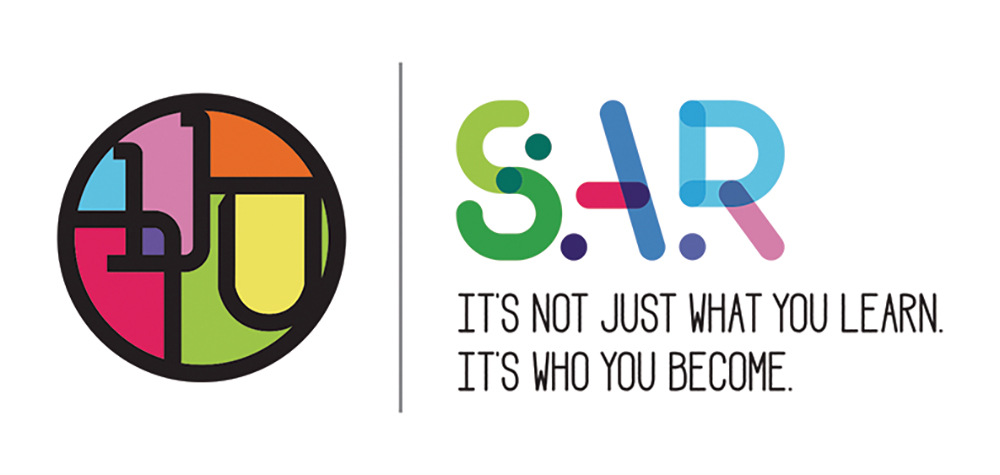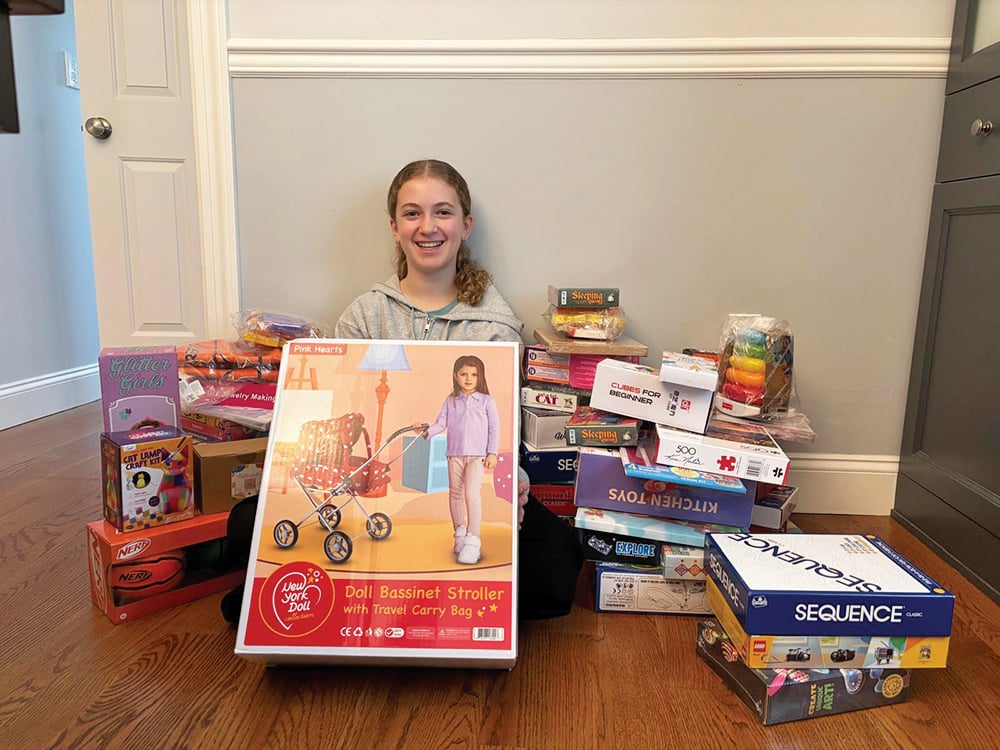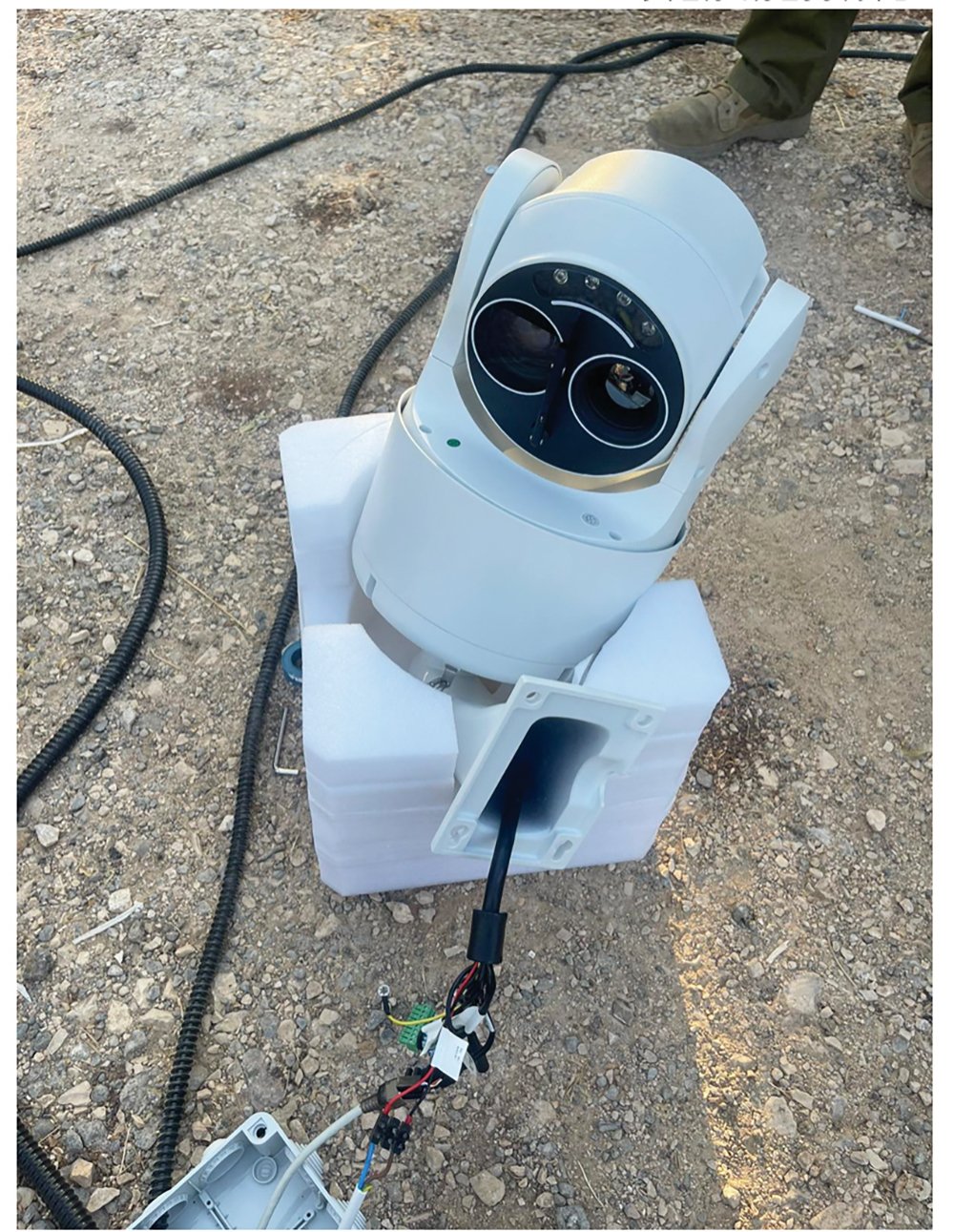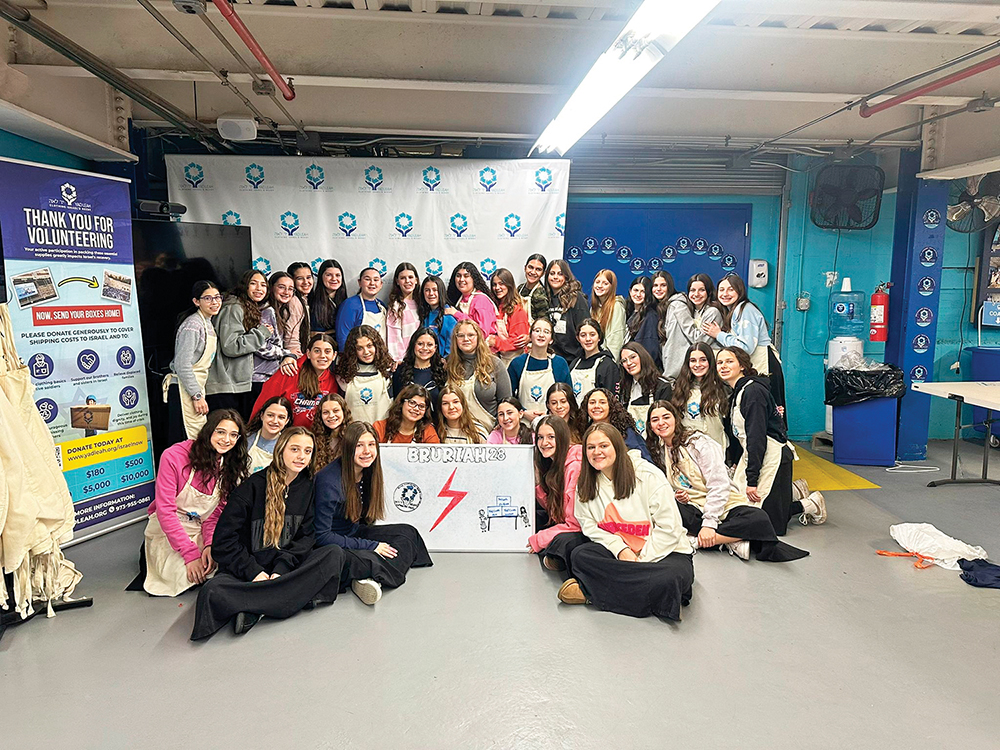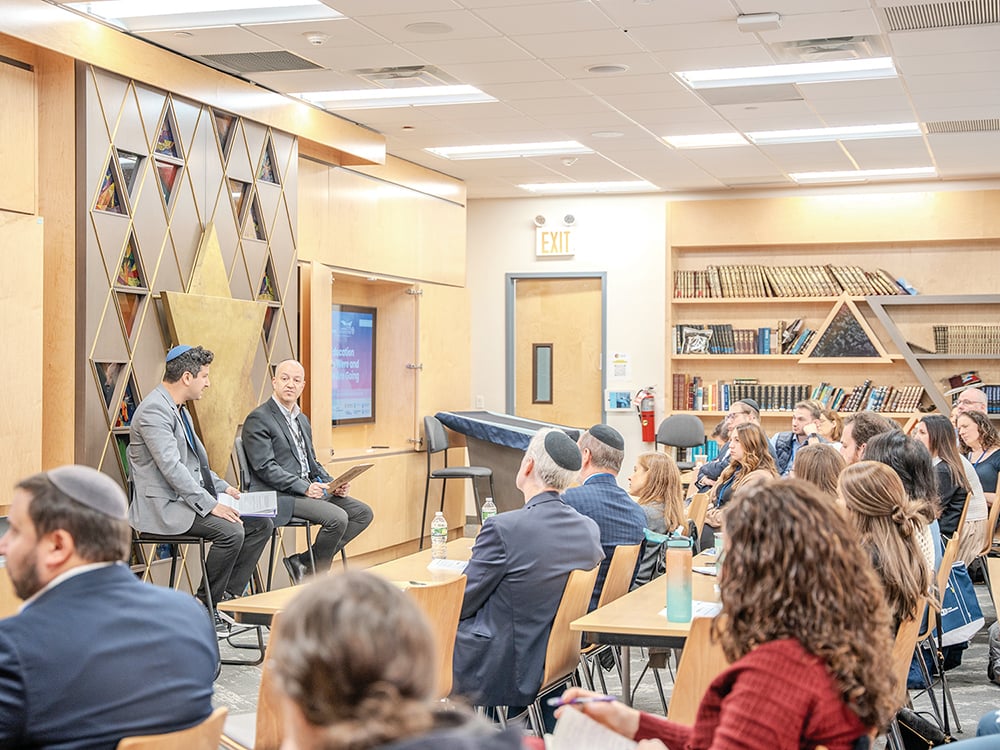“I am bad at math!”
“Math was not my good subject.”
“What’s this new math?”
“Math is not my thing.”
“I am just not a math person.”
These are things I hear people say all the time when I tell them I am a math teacher or when I speak with a parent trying to help their child with a math assignment or problem. I even hear it from elementary school teachers, as they struggle with their own math feelings while trying to teach math to their students. People really believe that math ability is genetic, or inborn. In fact, that is mostly a myth. People’s belief that math ability, frankly any ability, can’t change, grow or develop, is mostly a self-fulfilling prophecy.
Math is an area in school where people are often first exposed to the idea that there are right and wrong answers, and the idea of making mistakes is bad. These feelings perpetuate over time, and children continue to believe these things about themselves as they progress through their years in school.
So, how can we change this mindset in our schools? How can I, someone who loves math, and loves helping children and teachers love math, foster a growth mindset around learning math to create a culture where learners and educators alike understand that everyone can learn math? How can we create a paradigm shift so that everyone can believe that they can grow, change and develop their math abilities?
First, let’s understand the benefits of learning math. There are many! Studying math actually rewires your brain. Dr. Arthur Benjamin, a professor of mathematics in California, has said, “Mathematics is food for the brain.” Truly, math is all about finding patterns and making connections, so this actually makes a lot of sense. Since math requires both concrete and abstract thinking, this kind of work strengthens and develops our brain’s muscles.
Math benefits our students in countless ways. Learning math improves problem-solving skills. By learning to pay attention to all the assumptions of a problem, and breaking down a complicated problem into manageable steps, we are helping our students develop ways to think more critically and logically. In addition, explaining our mathematical thinking and reasoning helps build communication skills, both oral and written.
Now, think about real-world scenarios and activities. There isn’t anything you do that doesn’t involve math skills. From balancing your personal budget, to baking your favorite dessert, to figuring out your travel plans to your favorite vacation spot, to planning your next workout. Math skills are always needed to help us plan, keep order and be more thoughtful and careful.
The goal of every math teacher is to help students find their way in math. We promote that while there is often only one right answer, there are multiple ways to get to that answer. Often we are heard saying “we need to build our math toolbox.” Teaching math for understanding, and not rote memorization, helps our students understand math topics conceptually. We start with concrete methods, and move onto abstract representations only when our students are ready. We want to promote that numbers are dynamic, and that there are many ways to compose and decompose numbers in order to add, subtract, multiply and divide.
And games! Math games are incredible ways to teach, learn and practice math skills and concepts. Helping to develop automaticity in math facts can be reinforced through playing games, such as Addition War or Product Tic Tac Toe. Deeper mathematical concepts can also be practiced through games, both with concrete items or online tools.
My personal educational philosophy is supported deeply by the philosophy and educational best practices integral to Westchester Torah Academy’s teaching models. From our early childhood program, steeped in Montessori philosophy, our youngest students have math infused into their day, learning to count and match numbers cards to objects. Our lower school, committed to the rotational model, allows an educator to be “the guide on the side” rather than the “sage on the stage,” meeting students where they are, offering direct teaching when needed, as well as providing practice opportunities, extra support when necessary and challenge work for those ready to move onto the next step. And our middle school, using the Summit Learning Platform, promotes self-directed learning and opportunities for students to work at their own pace. In each area of WTA, we teach math for understanding, building first conceptual understanding as a foundation for deeper learning, before we promote learning procedural methods. This helps our students learn math skills in fun, creative and accessible ways.
This is the work I try to do each and every day—with my students and with the teachers I support. I help them learn to explore a math concept on their own and guide them in learning to problem-solve and facilitate their development in mathematical thinking. In this way, I can help promote in my students the ability to internalize and visualize mathematical concepts, which are the ingredients to success in math.
Ann Zisser is the math curriculum coordinator and middle school math teacher at Westchester Torah Academy. She has been teaching for over 25 years and has a degree in economics and business from SUNY Albany, as well as a master’s in special education from Hunter College. Ann also teaches in a synagogue religious school and tutors students for b’nai mitzvah. In her free time, she enjoys walking, reading and spending time with her friends and family.



